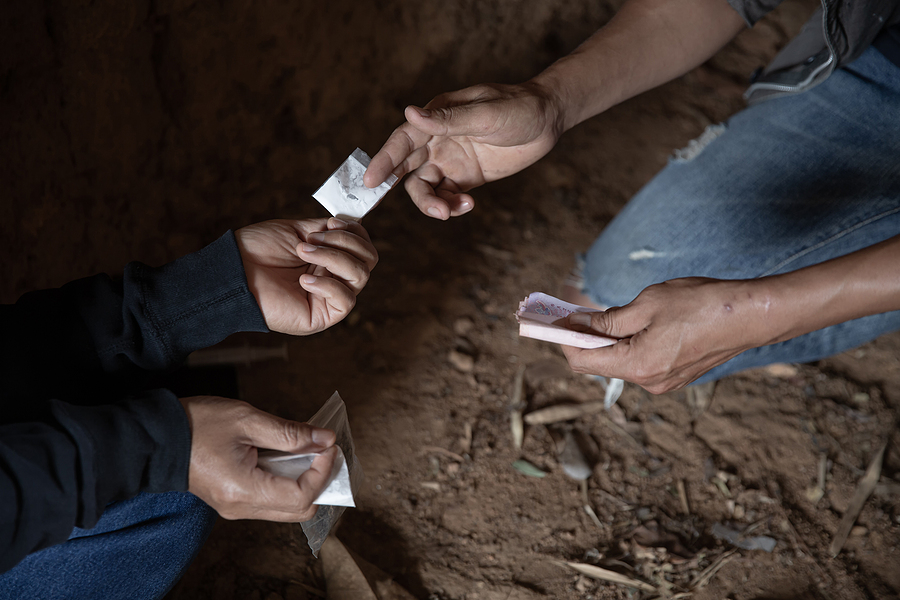While drug trafficking can occur in any U.S. state, the penalties for the crime can vary depending on location and a variety of other factors. The state of Tennessee has its own unique challenges and penalties for drug trafficking, applicable to even small amounts of controlled substances.

Trafficking Definition
The state of Tennessee defines drug trafficking as any activity involved with the handling of controlled substances. Penalties for drug usage may not apply to trafficking situations, as the person charged with drug trafficking might not actively be using or consuming the drugs or controlled substances in question.
Trafficking Types
Drug trafficking tends to fall into three distinct categories:
- Importing
The act of arranging and managing the activity of bringing drugs and/or controlled substances into the state, both from other U.S. states or other countries.
- Transporting
Physically moving the drugs and/or controlled substances from one location to another, whether by car, plane, train, or boat. The type of transportation can vary, but none of the options get excluded as transportation.
- Selling
Once the drugs and/or controlled substances have been imported and transported, the final step of drug trafficking would be the selling of the items. This can be done on a variety of volumes, so anything from single street dealers to selling the products by the warehouse would apply.
It may help to think of drug trafficking as owning a pizza restaurant if the pizza was illegal in the state of Tennessee. In that situation, a pizza store would be seen as engaging in trafficking, even if the chefs and delivery drivers never ate a slice.
Methamphetamine Trafficking
Methamphetamine trafficking, or meth trafficking, presents a unique problem for Tennessee residents. As a nationwide problem, meth usage and trafficking obviously do not get limited to Tennessee alone, but the state has experienced a high volume of meth-related crimes.
Tennessee State Code, Section 39-17-434, specifically addresses the crimes of manufacturing, delivering, selling, or being in possession of methamphetamines with the intent of making (manufacturing), delivering, or selling the product in question. The code confirms all four situations to be criminal offenses.
Like cocaine, methamphetamine possession gets classified as a Class B felony by the state of Tennessee. Depending on the amount in possession, the penalties can include up to $100,000 in fines and possible restitution to any victims.
What Trafficking Looks Like
As a crime, drug trafficking tends to get glamorized in films and television. This can be understood from the point of view of a drama production, as film representations of trafficking tend to involve shady characters, warehouses filled with drugs overseen by armed guards, and can involve backroom deals with fictional public figures.
While such representations can make for excellent drama, it’s important to understand that trafficking as a true crime can occur on an extremely small scale. An individual found with even a small amount of drugs on their person (5 grams tends to be the common measuring point) can be charged with drug trafficking just as effectively as a person driving a semi-truck filled with controlled substances.
Contact Us Today
To find out more about drug trafficking crimes and applicable legal defenses in the state of Tennessee, contact the Clarke Law Firm today. We have the experience and knowledge to launch a rigorous defense.

